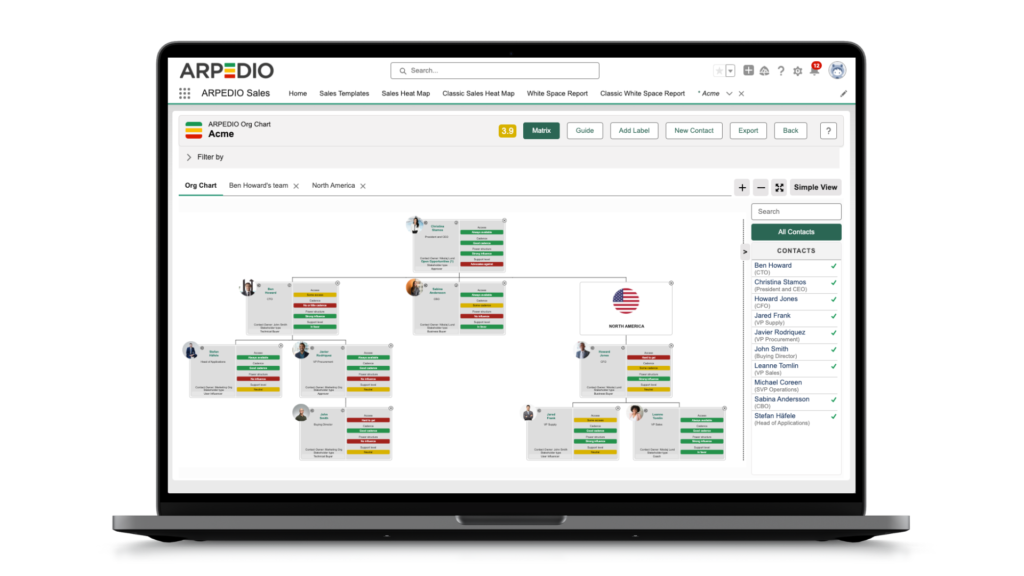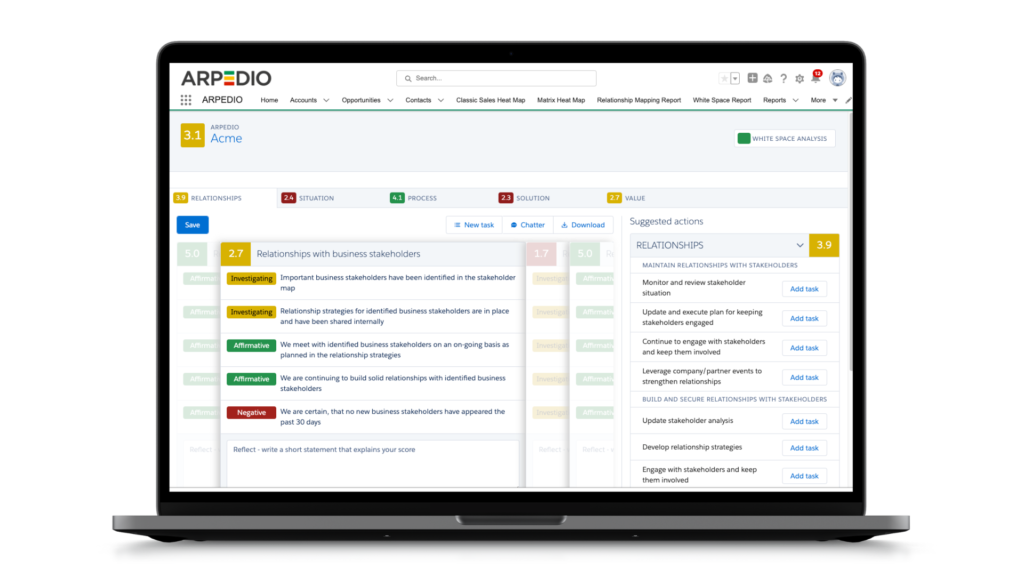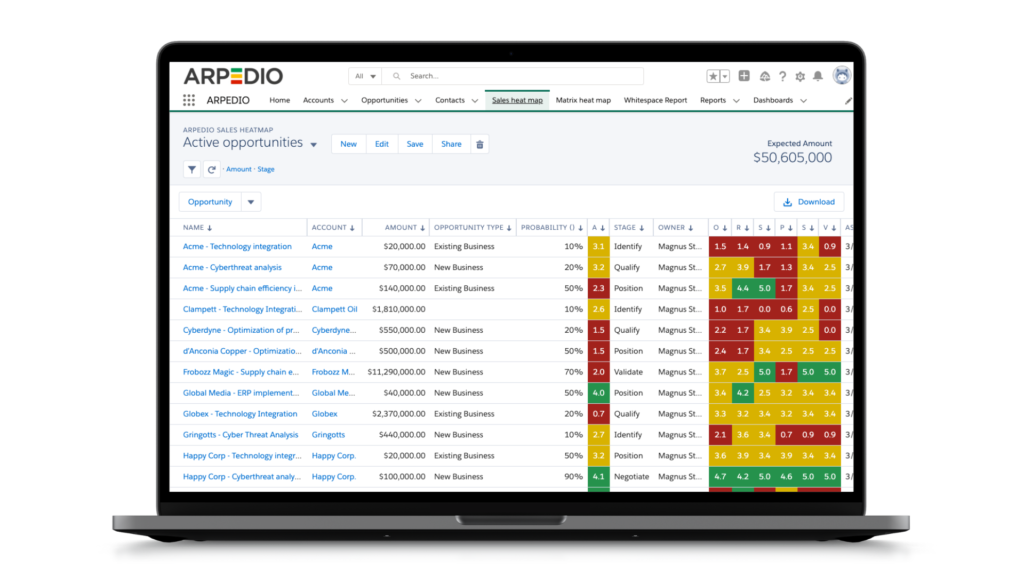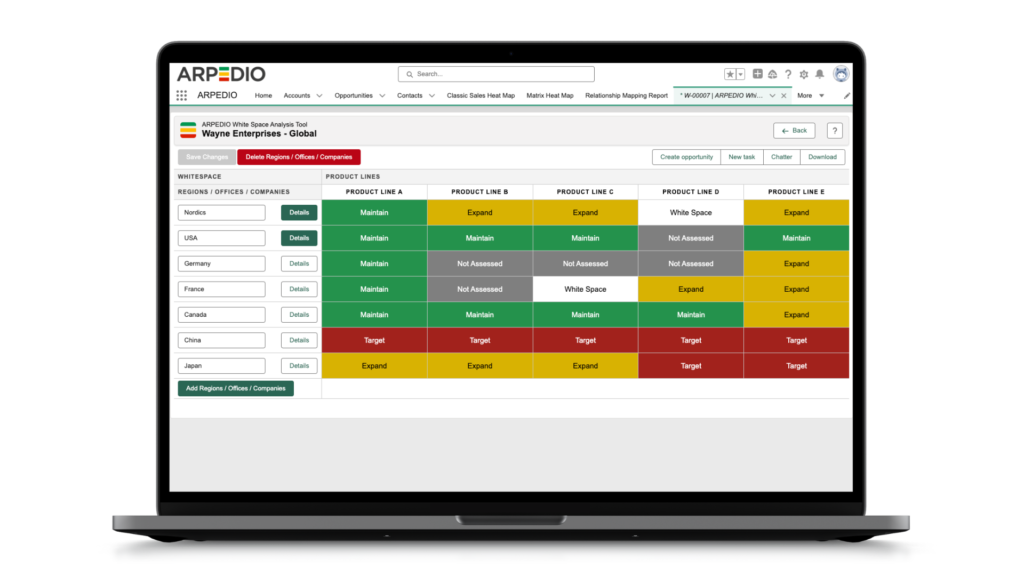As a professional, you understand the power of language. One small grammatical mistake can alter the meaning of an entire sentence. That’s why it’s essential to master the subtleties of business language. One area where people often confuse terms is in the usage of “sell” and “sale.” These terms are similar, yet they have different meanings and usage. Let’s take a closer look at the differences and understand how to use them effectively in your communication.
Key Takeaways
- Understanding the difference between “sell” and “sale” is essential in business language.
- Clarifying the definitions and usage of “sell” and “sale” can prevent confusion.
- Differentiating the terms based on grammatical usage and syntax can enhance your communication skills.
- Knowing the appropriate context to use “sell” or “sale” can help convey your message accurately.
- Mastering business language can make a significant difference in your professional communication.
Clarifying “Sell” and “Sale”
When it comes to the terms “sell” and “sale,” it’s essential to understand their specific definitions. “Sell” refers to the action of exchanging goods or services for money or other valuable consideration, while “sale” refers to the process of selling goods or services.
Moreover, “sell” can also refer to convincing or persuading someone to buy something, whereas “sale” is typically used to describe a promotional event or discount of goods or services for a limited time.
It’s crucial to note that the context in which these terms are used often determines their specific meaning. For example, in a business setting, “sell” may refer to the act of closing a deal or convincing a potential customer to make a purchase; whereas, in a retail environment, “sale” would more likely refer to a promotional event, as in the phrase “Black Friday sale.”
By clarifying the difference between “sell” and “sale,” you can ensure that you’re using the appropriate term in your communication, avoiding misunderstandings and confusion in both personal and professional settings.
Differentiating “Sell” and “Sale”
While “sell” and “sale” may seem interchangeable, there are subtle differences that can affect the clarity of your communication. By understanding these nuances, you can use each term appropriately for specific situations.
Firstly, “sell” is a verb, whereas “sale” is a noun. “Sell” refers to the act of exchanging goods or services for money or other valuable consideration. “Sale,” on the other hand, is the transaction or event of selling goods or services. It is a broader term that encompasses the entire process of selling, from promotion to customer service.
Secondly, “sell” is an action, while “sale” is a state. “Sell” is a dynamic verb that denotes an ongoing process. It requires an agent or subject to carry out the action, such as “I sell cars.” In contrast, “sale” is a static noun that describes a result or outcome. It doesn’t imply any ongoing action, such as “The car is on sale.”
Thirdly, “sell” and “sale” are used in different grammatical contexts. “Sell” is usually used in the present tense, such as “I sell cars,” or the past tense, such as “I sold a car yesterday.” “Sale,” on the other hand, is used in the present continuous tense, such as “The store is having a sale,” or the past tense, such as “The store had a sale last week.”
Finally, “sell” and “sale” are often used in different business scenarios. “Sell” is commonly used in sales and marketing contexts, such as “I need to sell more products this quarter.” “Sale,” on the other hand, is often used in retail contexts, such as “The store is having a clearance sale.”
By differentiating “sell” and “sale,” you can use each term more effectively in your business communication. By using them appropriately, you can avoid confusion and ambiguity and convey your message accurately and persuasively.











